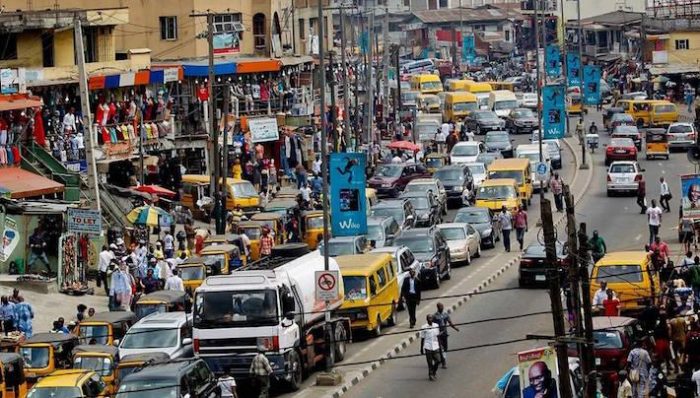A dear friend of mine, Abdulhaleem Ishaq Ringim, pointed out some observations about the Nigerian economy today, which has also been influenced by its fiscal policies in the past few years.
Below are his points.
1. The Naira had two exchange rates: the official rate and the black-market rate, with a huge difference that created a booming arbitrage market. As a result, while the supply of dollars was shrinking, demand for dollars—especially discretionary demand from public and private quarters—was rising, thereby creating a huge imbalance that pressured the Naira. FX liabilities for offsetting legitimate concerns like international airline obligations were mounting without enough FX to offset them. A huge backlog of FX debt accumulated. Confidence in the country and its business landscape eroded. Investments began to flee, and the FX debt crisis became increasingly debilitating. We started a borrowing spree to settle.
2. We had almost zero refining capacity for crude oil because our refineries were dead. Fuel subsidy further exacerbated this issue by incentivizing the importation of petroleum products. The cost of the subsidy gradually graduated from being funded by state funds to being covered by borrowed funds. Our refineries continued to gulp funds for turnaround maintenance that never materialized into a working refinery. The subsidy, while keeping petrol prices within a range considered affordable, created an arbitrage opportunity in neighboring countries, which inflated our demand for petroleum products and the cost of the subsidy. A huge chunk of the subsidy ended up benefiting smuggling ventures.
3. The country’s fiscal space continued to shrink to the extent that almost 100% of all revenues accruing to the government were used for servicing loans that arose from these inefficiencies. This meant that salaries, infrastructure, healthcare, education, and other expenditures were being funded with borrowed funds, as all revenues were being spent on loan servicing.
4. The government’s ability to secure affordable loans started to decline, and it resorted to printing money to cover deficits. This exacerbated an already existing inflationary crisis and greatly eroded the value of the Naira. As we printed more money, we also kept pursuing unfavorable loans at double-digit interest rates. It reached its worst point when we began pledging yet-to-be-realized crude oil volumes just to secure these loans.
Questions:
1. Do you agree that the country was really in a crisis?
2. If you support Tinubu’s policies, do you think they are working? If yes, explain how. If no, explain the probable reasons.
3. If you do not support Tinubu’s policies, what alternative policies do you think would have been more effective in tackling the crisis?
4. If we had continued without any policy changes, what do you think would have been the fate of this country?
5. Where do you think the country’s economic policy direction should be considering the realities on ground?
Dear Abdulhaleem Ishaq Ringim, Let’s do a little exercise, fixating more on the matters (policies) at hand rather than the individuals in question or their ideologies.
Yes, Nigeria was really in a crisis and it would have worsened further if not for some reforms albeit late ones which put people in stringent conditions they find themselves today.
For the Second question, I do think Asiwaju Bola Ahmed Tinubu’s reforms are to some extent working, like the deregulation of the petroleum sector which cut open competitiveness of the market that led to the prices of PMS amongst other Oil products finding their optimal prices based on Nigeria’s internal market dynamics, aside from internationally induced forces. Dangote and the state-led refineries that have started working have made fossil fuels readily available at competitive prices in the market, though the poor and middle class are bearing the brunt of this until the readjustments in salaries and wages.
If we did not have these changes and reforms, I think we will be in the loo sooner rather than later, because, as you mentioned, funds were no longer available for any investments by the federal, state, and local governments.
I will end with this: now that LGs are autonomous from the state government, even if only financially for the moment, the supervision by the state governments is still on. And Tinubu is asking the state governments to drive development at the local government level. I think this is leadership that is top-notch and needs commendation even though we are suffering some pains that are gradually eroding with developments here and there in terms of FG initiatives, such as the 6 month fuel subsidy relief grants, amongst others, like the rice grants that were for just a month. Where will we be without the reforms? That’s the question.
Also note that a chunk of subsidy removal funds are being used to cater to debt servicing, which is badly needed at this point in time.



